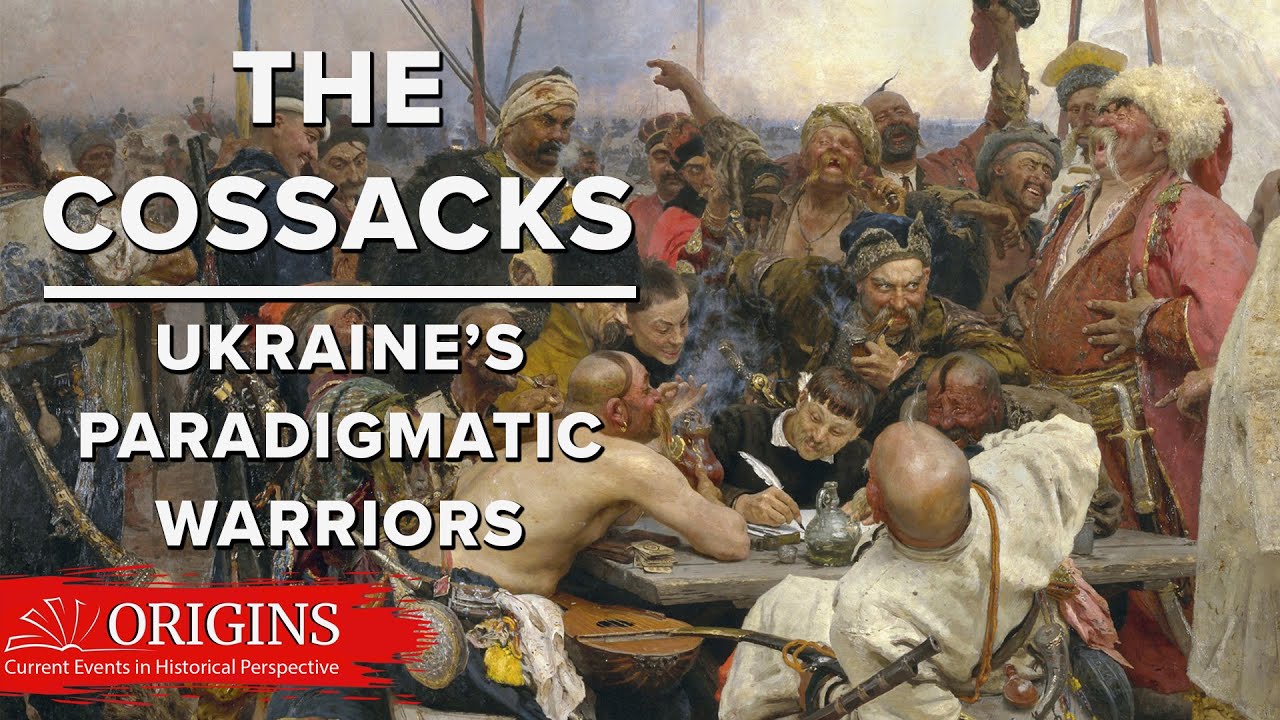The Cossacks, Ukraine’S Paradigmatic Warriors
Unleash Your Creative Genius with MuseMind: Your AI-Powered Content Creation Copilot. Try now! 🚀
In the wake of Russia's audacious invasion of Ukraine in February 2022, the world witnessed a remarkable display of strength and resilience from the Ukrainian army. To many, this newfound tenacity seemed unexpected from a nation often perceived as quiet and unassuming. Yet, history tells a different tale—one that harks back to the daring and fearsome Zaporozhian Cossacks of the fifteenth through eighteenth centuries. In cultures worldwide, figures like knights, pirates, samurai, and cowboys embody strength and adventure. For Ukrainians, the Cossacks, or Kozaks, epitomize these qualities, filling their lore with stories of independence and daring.
The Unyielding Spirit of the Cossacks
The term "Cossack" finds its origins in a Turkish word meaning free man, a fitting description for a people who fiercely defended their freedom. Despite their disputed origins, most scholars agree that the Cossacks were a multiethnic group formed from various tribes, burghers, peasants, and escaped serfs. Living around the fertile lands of the Dnieper River, these semi-nomadic, semi-militarized bandits became the embodiment of Ukrainian nationalism.
Cossacks: Pioneers of Ukrainian Identity
Ukraine's Zaporozhian Cossacks played a pivotal role in shaping the nation's identity. Emerging as rogue bandits in the fifteenth century, by the seventeenth century, they symbolized a secessionist movement against the Polish-Lithuanian Commonwealth. Their struggle laid the foundation for an independent Ukraine, although their primarily military identity limited their social and political reforms. Among the notable Cossack leaders were Bohdan Khmelnytsky and Ivan Mazepa, whose decisions profoundly impacted the Cossacks' future.
Khmelnytsky's uprising in 1648-54 aimed to establish an independent Ukrainian state. However, his alliance with Tsar Alexei Mikhailovich of Russia, through the Treaty of Pereyaslav in 1654, unintentionally paved the way for Russian dominance in the region. Similarly, hetman Ivan Mazepa's defection from Tsar Peter I's army in the Battle of Poltava (1709) was an attempt to secure Ukrainian independence. Despite Mazepa's betrayal, Ukrainians remember him as a hero, illustrating the complex and romanticized nature of Cossack history.
A Timeless Legacy
The Cossacks continue to be a source of inspiration for Ukrainians, as reflected in their national anthem's lyrics written by Pavlo Chybynsky in 1862. "Soul and body shall we lay down for our freedom," the anthem declares, emphasizing the enduring spirit of the Cossack nation. Even in the face of adversity, Ukrainians draw strength from their historical predecessors, reminding the world that their might is not to be underestimated.
In conclusion, the tale of the Zaporozhian Cossacks serves as a testament to the indomitable spirit of the Ukrainian people. Their legacy, intertwined with the nation's struggle for sovereignty, continues to shape Ukraine's identity and resilience. As the world watches in awe, Ukrainians stand united, embodying the courage and daring of their Cossack ancestors, ready to face any challenge that comes their way.
